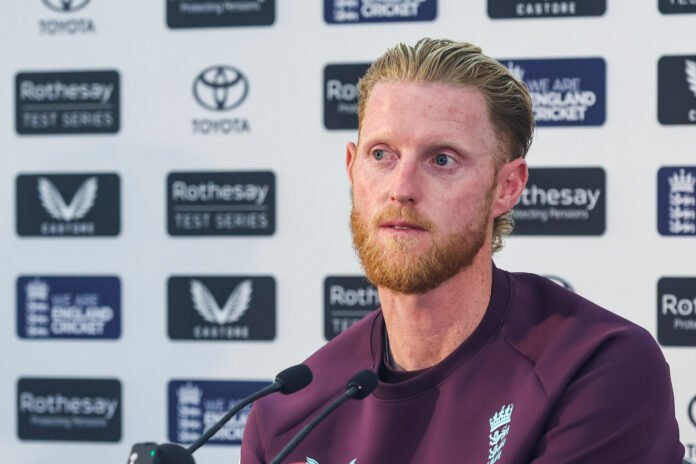In New Delhi, the Rural Health Training Centre in Najafgarh stepped up efforts to boost women’s healthcare by hosting special health camps on Tuesday. These events fell under the Swasth Naari Shashakt Parivar Abhiyan, a key initiative from India’s Ministry of Health and Family Welfare to make quality medical services more accessible for women.
One camp focused on dementia screening for women at the Primary Health Centre in Palam. Another targeted eye health with cataract check-ups at the PHC in Ujwa. These targeted programs aim to tackle common health challenges head-on in local communities.
Prime Minister Narendra Modi kicked off the Swasth Naari Shashakt Parivar Abhiyan on September 17 in Dhar, Madhya Pradesh. He launched it as part of the government’s push for preventive healthcare and empowering women. Speaking at a rally, Modi highlighted how women’s health forms the backbone of strong families and a thriving nation. “Our Nari Shakti is the foundation of the progress of our nation,” he said. “If the mother stays healthy, then the whole house stays well. If a mother falls ill, the entire family system crumbles.” He tied it to the four pillars of India’s development—women, youth, the poor, and farmers—by dedicating related schemes to the country.
Shifting to the capital, Delhi Chief Minister Rekha Gupta recently unveiled three big upgrades to the city’s public healthcare system. She digitally launched the Hospital Information Management System (HIMS), 34 new Ayushman Arogya Mandirs (health and wellness centers), and eight additional Jan Aushadhi Kendras for affordable medicines.
At the Delhi Secretariat event, Gupta called the hospital digitization a sign of the city’s forward momentum. She thanked Prime Minister Modi for the central government’s funding, which has helped build better health infrastructure. “People in the national capital will now get timely and efficient treatment from a modern system,” she added.
Gupta stressed her government’s drive for an inclusive, tech-savvy health network that serves everyone with top-notch care. Just a month earlier, they opened 33 Ayushman Arogya Mandirs, and now these 34 new ones will soon open to the public through local MLAs in their areas.
Delhi is going digital in a big way on healthcare too. The chief minister pointed out that the government has created over 9.3 million ABHA IDs—Ayushman Bharat Health Account IDs. These act like digital health cards, letting residents pull up their medical history and access services at any hospital, no matter where they are. It’s a game-changer for seamless care in the city.
Stay informed on all the latest news, real-time breaking news updates, and follow all the important headlines in world News on Latest NewsX. Follow us on social media Facebook, Twitter(X), Gettr and subscribe our Youtube Channel.



